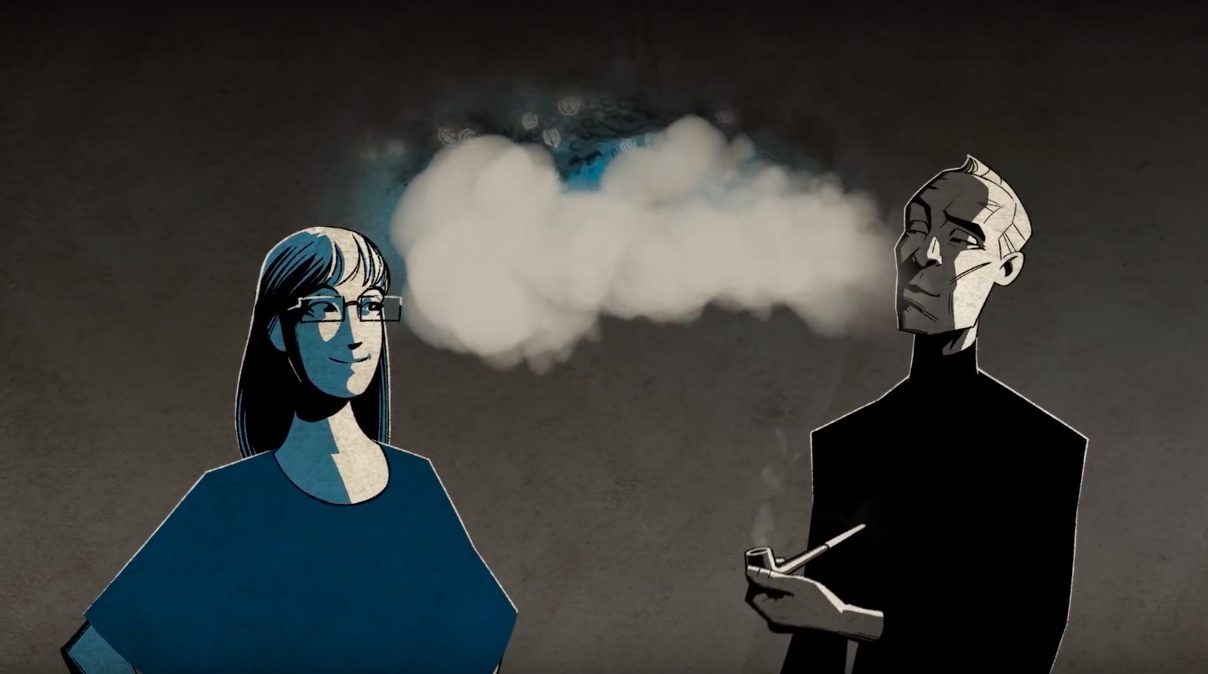
DOUBT AND DECONSTRUCTION
The book of Ecclesiastes blows smoke on the simple wisdom of proverbs. It brings up the exceptions to the rule. I’m glad it is part of our Bible. Much of its teaching casts doubt on other parts of the Bible, but that is why it is so good. It reveals the value of deconstruction and critical thinking. And that is comforting for those who read closely and think deeply.
Smoke, Smoke, Everything is Smoke
The common refrain of the book uses the word “Hevel” which is usually translated “meaningless” or “vanity”. Literally, it means “smoke” or “vapor”. This is a poetic way of saying it slips through your fingers. Meaning blows away. Life is beautiful but elusive. It’s not that there is no meaning or order, but just that it’s impossible to grasp. So while Proverbs sees order and answers that can be held onto, Ecclesiastes sees futility and more questions. These questions can be unsettling, but deconstruction is an important part of our faith development.
Deconstruction and doubt are part of faith
In order to grow in our faith, we need to doubt our beliefs and even tear them down. You will need to reject things you once believed in order to assimilate new truths you learn or experience. It’s not bad. Actually, it’s imperative. The fact that the Bible itself includes this kind of self criticism of it’s teachings is very comforting to me. Doubting and deconstructing your faith does not mean you are losing your faith. It might just mean you are growing.
Live From the Ranch: Livestream Discussion
Join me and some of our staff for the next three Wednesdays (August 22, 29 and Sept. 5) at 7 PM on FaceBook, Instagram, Vimeo or YouTube for a livestream discussion of these wisdom books. Ask questions and join the conversation.
